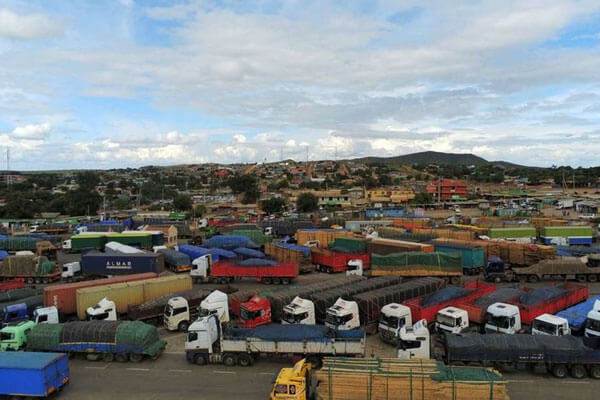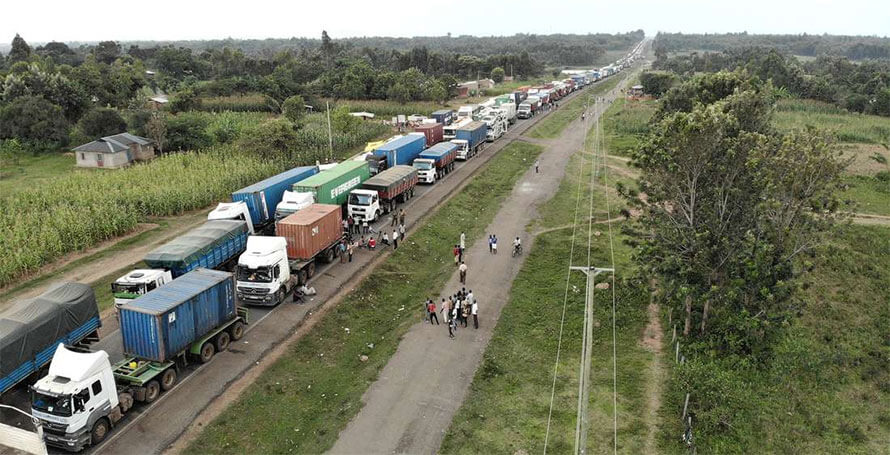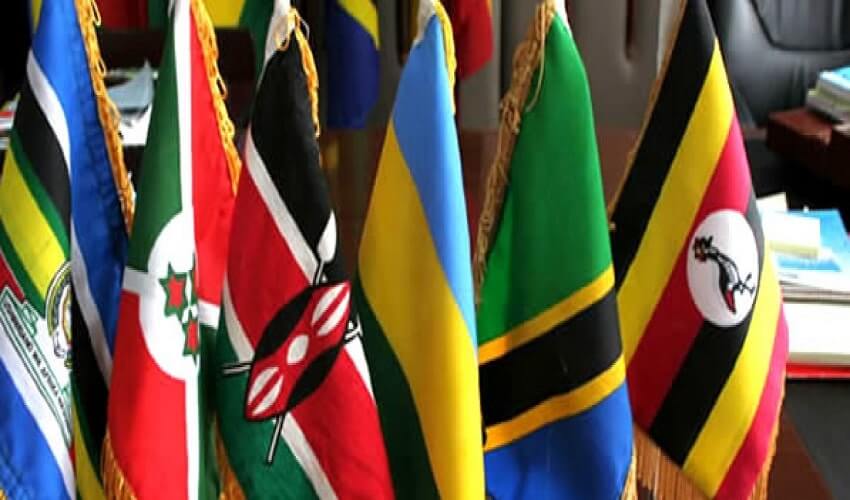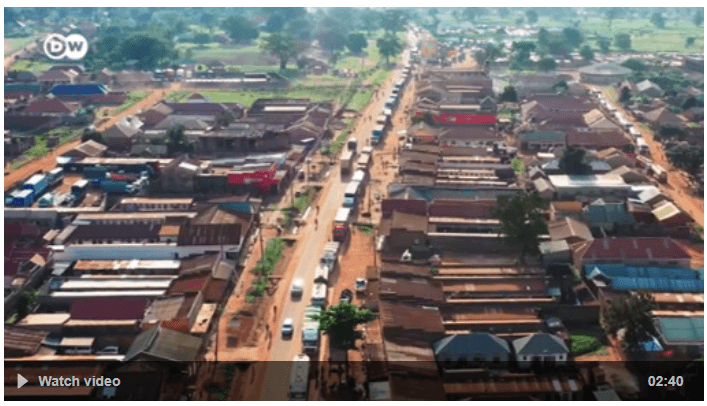East African countries are likely to lose more than $5 billion in foreign earnings from agricultural exports this year as a direct result of the effects of the Covid-19 pandemic, and uncoordinated individual countries' mitigation and containment responses. With agriculture being one of Africa's most important economic sectors, making up 23 per cent of the continent's GDP and employing nearly 60 per cent of the economically active population, the disruptions being witnessed now means roughly half of the almost 670 million people face food insecurity. TRADE DISRUPTION Some 250 million are considered severely food insecure and the numbers might increase if the right measures are not taken. There is already reduced food demand, disruption of trade in export crops even within regions, and severe crop production and processing shocks. According to McKinsey & Company's latest report Safeguarding Africa's Food Systems Through and Beyond the Crisis, the supply disruptions could result in a severe economic blow for countries such as Kenya, Tanzania, and Uganda which rely on agricultural exports as primary or secondary source of export earnings. "Africa's exports of food and agricultural products are worth $35 billion to $40 billion a year, and some $8 billion a year flows through intra-regional trade in these products," says the report. CARGO COST INCREASE "In addition, Africa's food and agricultural imports amount to between $45 billion and $50 billion a year along with $6 billion a year in imports of agricultural inputs and if measures are not checked, we are likely to lose...
East Africa: Region Likely to Lose $5b in Export Revenue Due to COVID-19
Posted on: June 29, 2020
Posted on: June 29, 2020























